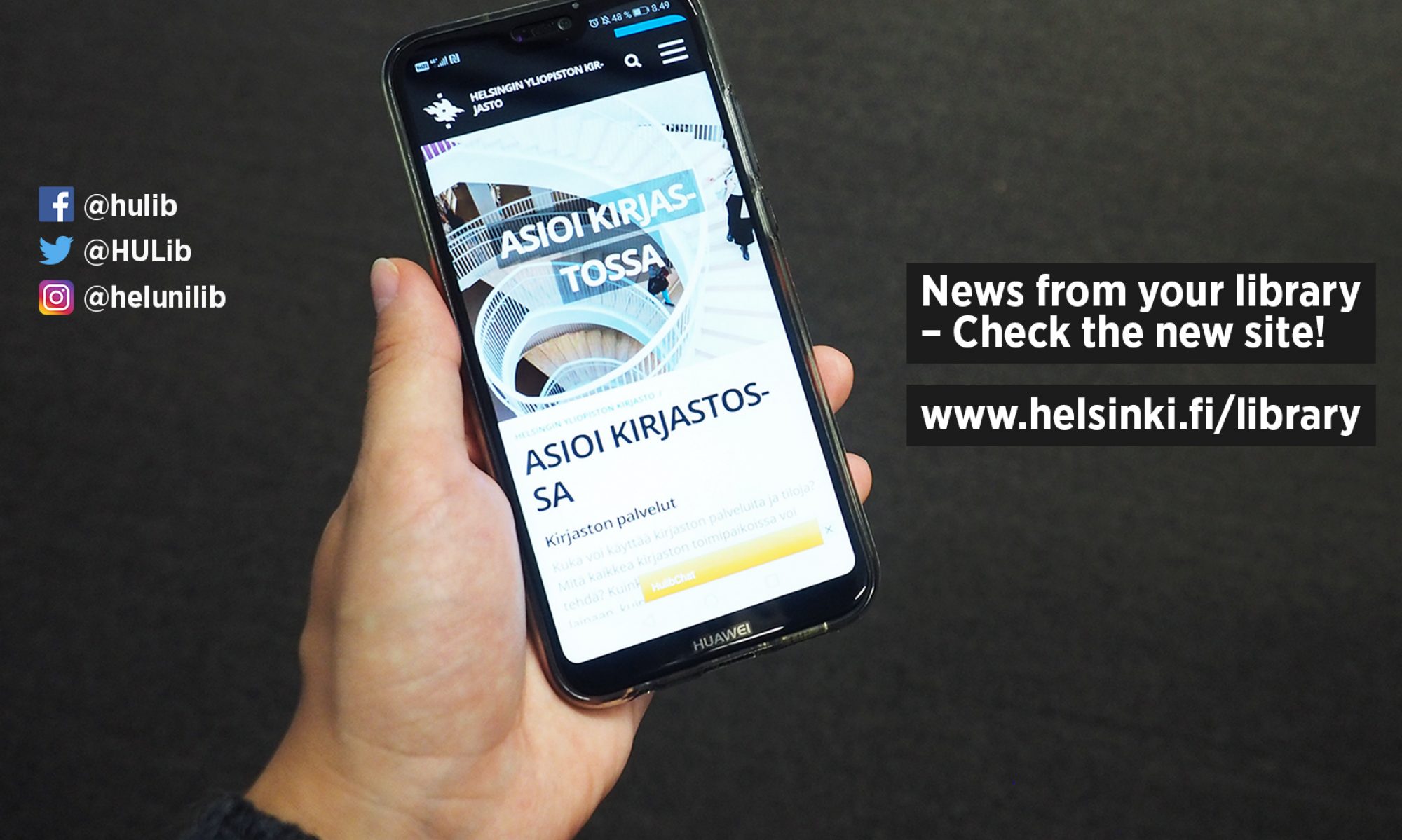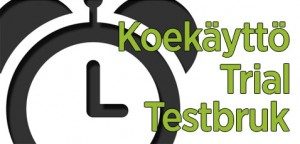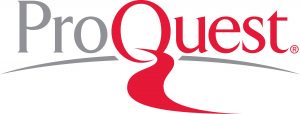Last week we reported on APC discounts in Elsevier’s publications for researchers at the University of Helsinki. This has sparked a debate in the scientific community. For its part, the Helsinki University Library is answering some of the questions the debate has raised.
The agreement between the national FinELib consortium and Elsevier offers researchers an opportunity to publish open access articles with a 50 percent discount on article processing charges (APC). The discount covers 1500 subscription journals and over 100 open access journals. All corresponding authors in organisations that are parties to the agreement are entitled to the discount.
Furthermore, researchers affiliated with the University of Helsinki are able to publish their open access articles in Elsevier journals free of charge, because the University of Helsinki pays the remaining half of the APC for the researcher. This has also raised questions. From the point of view of the Helsinki University Library, it is a practical solution. The purpose of this arrangement is to acquire centralised information on how many articles attached to the Elsevier agreement are published and how much this increases the University of Helsinki’s costs. The monitoring of APC payments without centralised management of APCs is very difficult, especially in a large and research-intensive university such as the University of Helsinki.
The decision to subsidise open access publishing in Elsevier’s journals is a fixed-term arrangement with a clear objective. The main purpose is to gather information about the real costs of hybrid open access publishing for the next round of negotiations with major scholarly publishers. The centralised management of APCs provides reliable and valuable basis of information on the total cost of the hybrid OA model, for future contract negotiations.
The position of the University of Helsinki and the Helsinki University Library on hybrid OA publishing is unchanged: hybrid OA publishing is not recommended. This position was stated by the Rector of the University of Helsinki on June 21, 2017 in paragraph four of the Principles of Open Publishing: “The University of Helsinki does not recommend hybrid publication (…) However, hybrid publication may be justified at the moment, if it facilitates the transfer to a fully open publication model. The University monitors the development of open access publication and the overall costs of publishing, and will take the necessary steps in good time to ensure open research.” Hybrid OA publishing is considered justified if it speeds up the transition to an open publication. On this issue, the University of Helsinki holds the same view as the Academy of Finland.
The University of Helsinki and Helsinki University Library support the transition to open access publishing by helping University researchers publish in both open access journals and subscription journals. The starting point for publishing at the University of Helsinki is that researchers publish in high-quality scientific journals – this is also stated in the first paragraph of the Principles of Open Publishing. The Publication Forum (Julkaisufoorumi, JUFO in Finnish) classification system greatly influences which journal a researcher chooses. The library does not make science policy, but it does try to support University of Helsinki researchers in the best possible way with its services.
The potential impact of Elsevier discounts on self-archiving (green OA) has been brought out during the debate. However, the compensation of APC payments does not in any way undermine other open access services offered by the library. Rather, the Helsinki University Library intends to significantly increase its efforts to promote self-archiving in 2018.
How, then, are APC discounts determined in general? The Helsinki University Library coordinates the discounts and negotiates with publishers. The information about current APC charges and discounts has been collected in the APC Guide. Negotiations on the discounts are carried out with one publisher at a time. For this reason, the discounts vary – and there are also many different APC discount models (see Jisc report: Financial and administrative issues around the article publishing costs for open access, 2017, 19). The negotiation process always begins from the proposals of University of Helsinki researchers. Based on these proposals, the library will study the benefits of a possible agreement.
The FinELib agreements represent offsetting deals in which the OA element is included in the subscription contracts with major publishers. APC discounts for Elsevier journals are an example of this. Offset agreements have been made with Taylor & Francis, Sage and Elsevier, and each contract is different.





